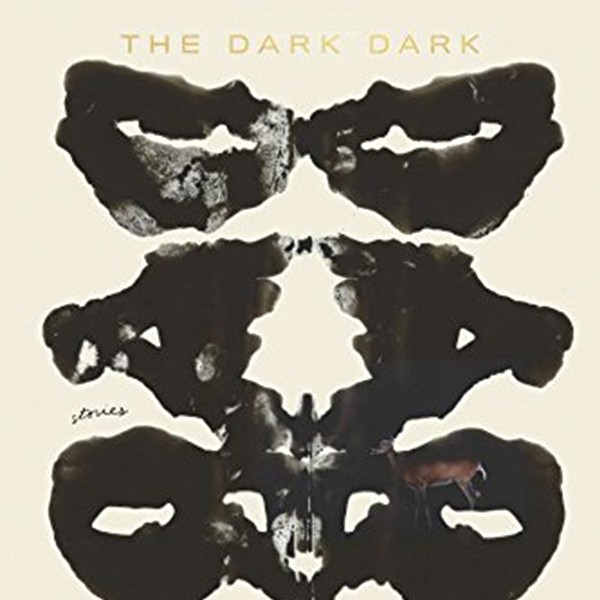For most Americans, war is many thousands of miles away. For the characters in Helen Benedict's Wolf Season, the closeness of war reverberates through their lives with cataclysmic results.
Benedict's fifth novel follows three women—Rin, an US veteran; Naema, an Iraqi doctor; and Beth, a soldier's wife—and their families. Set in upstate New York, the Iraq War hovers is the scar tissue around every conflict. Benedict, who did years of research for her nonfiction book The Lonely Soldier (2009)—about women serving in the Iraq war—writes deftly, authoritatively, and evenhandedly about war.
When the novel opens, the wolves are restless. Rin keeps three wolves, a promise to her late husband and her blind daughter, Juney. Widowed by war, Rin is haunted by memories of her time overseas and driven by one goal: to protect Juney. Suffering from PTSD, Rin has created a sanctuary she hopes the outside world will never touch—a house equipped with countless "Keep Out" signs and a firearm in every room.
Naema, who first appeared in Benedict's Sand Queen (2011), works at the children's VA clinic. After her husband, a translator for the US military, is killed and her young son Tariq is maimed, Naema resettles in upstate New York as a refugee. Naema must come to terms with what she has lost, her new Iraqi-American identity, and the guilt she feels about leaving her homeland.
Beth waits with fear and longing for her husband, Todd, to return from war. She struggles to reconcile these two men: the one who leaves and the one who returns. Beth spends her days teaching dance, drinking too much wine, trying to raise her moody son Flanner, and pining for Louis, a veteran who secretly loves Naema.
The women struggle to tend their own wounds but their children reveal how war transcends generations: Tariq, who lost a leg; Juney, who is as much her mother's caretaker as the other way around; Flanner, who misses a father he no longer knows. Wolves, like war, affect these characters too. Tariq and Juney are brought together by their mutual love for them, and Tariq and Flanner are pulled apart.
Benedict's realistic, sensory writing style is most effective when she's describing nature. She describes September on Rin's property as "trees licked with the first flames of fall and the apples red and ready" and writes the "lemons hang as heavy as breasts" in Naema's old courtyard in Iraq. The various descriptions of Juney's small, willowy frame get tedious but the novel is redeemed by the magical, synesthetic way she interacts with the world. Juney's blindness allows her to push the boundaries of sounds and smells and colors. Where Tariq sees orange, Juney sees turquoise (or what she imagines turquoise is). When Rin feels body-numbing panic, Juney hears music. Juney is able to inject beauty into the darkness which is desperately needed in this novel.
Above all else, Wolf Season is honest about suffering, trauma, and the difficulty of healing after war. The characters are not particularly happy nor are their storylines neat but they feel genuine. Wolf Season reminds us that we do what's best for our family—our pack—even if it's the thing that hurts the most.

















